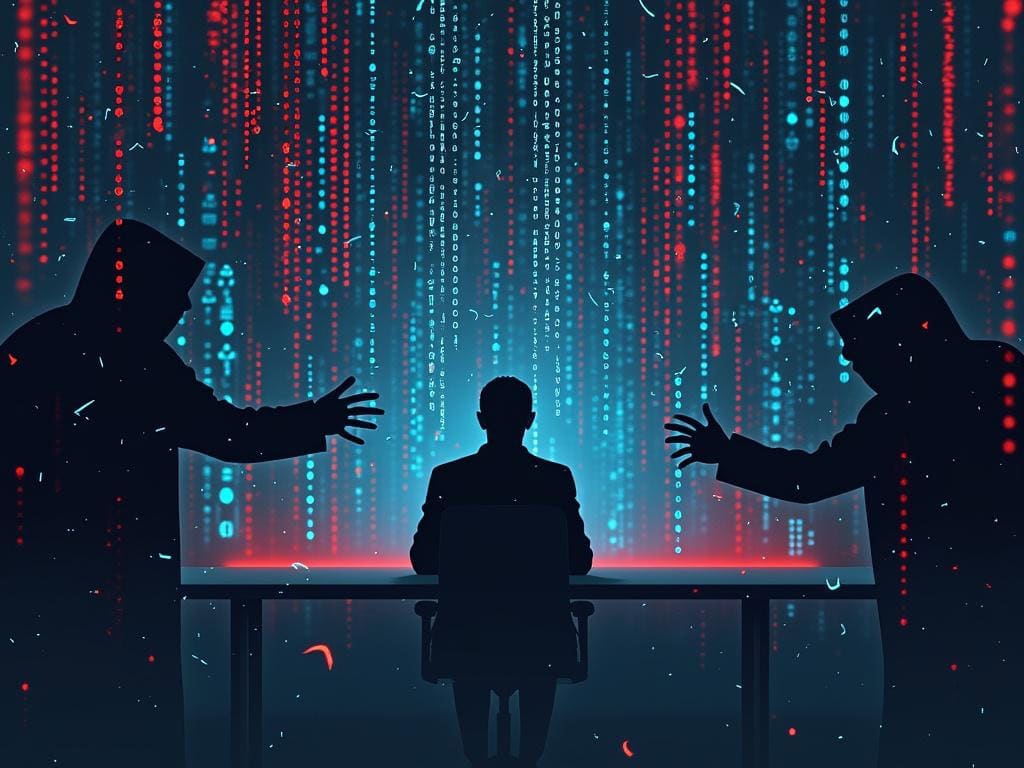Washington Post Cyberattack: Targeting National Security Reporters Highlights Media Vulnerabilities

Washington Post Journalists Face Sophisticated Cyberattack Targeting National Security Reporters
The Washington Post discovered a significant cyberattack targeting its journalists last Thursday, particularly affecting reporters covering national security and economic policy beats. The newspaper implemented immediate security measures, including a company-wide reset of login credentials the following day.
The attack highlights growing concerns about targeted cyber operations against media organizations and their potential impact on press freedom and national security reporting. While the perpetrators remain unidentified, the incident has raised alarms about the increasing sophistication of attacks against journalists. Organizations must remain vigilant against evolving sophisticated phishing and social engineering attacks.
Understanding the Attack's Significance
"Attacks against journalists are a serious problem," explains Roger Grimes, Data-Driven Defense Evangelist at KnowBe4. "In most cases, the journalist has to click on a rogue link and somehow get tricked into running the malware. However, there are many commercial surveillance vendors (CSVs) with many zero-days that require zero clicks by the targeted journalist."
The attack's targeting of national security and economic policy reporters suggests a potentially strategic attempt to access sensitive information or identify confidential sources. This incident adds to a growing pattern of cyber threats against media organizations worldwide, emphasizing the need for comprehensive cybersecurity measures for businesses and organizations.
Security Implications and Industry Response
The cybersecurity industry faces mounting challenges in addressing sophisticated attacks, particularly those utilizing zero-click vulnerabilities. These attacks require no action from the target to compromise their systems, making them especially dangerous.
Grimes notes that the situation is complicated by government involvement: "It's not helped when different governments, even our own government and its allies, also use these services. When they do, it's harder to say do as I say but not as I do."
Modern media organizations must prioritize robust social media security protocols and practices to protect against emerging threats.
Practical Applications
Media organizations should implement robust cybersecurity protocols, including regular security audits and employee training. Journalists should utilize encrypted communication tools and maintain strict digital hygiene practices. News consumers should be aware that cyber attacks on media outlets could impact information flow and source protection.
According to the Committee to Protect Journalists, digital attacks against media professionals have increased by 400% since 2018. The Washington Post incident serves as a reminder of the evolving nature of cyber threats against media organizations and the critical importance of protecting journalistic sources and operations in the digital age.

